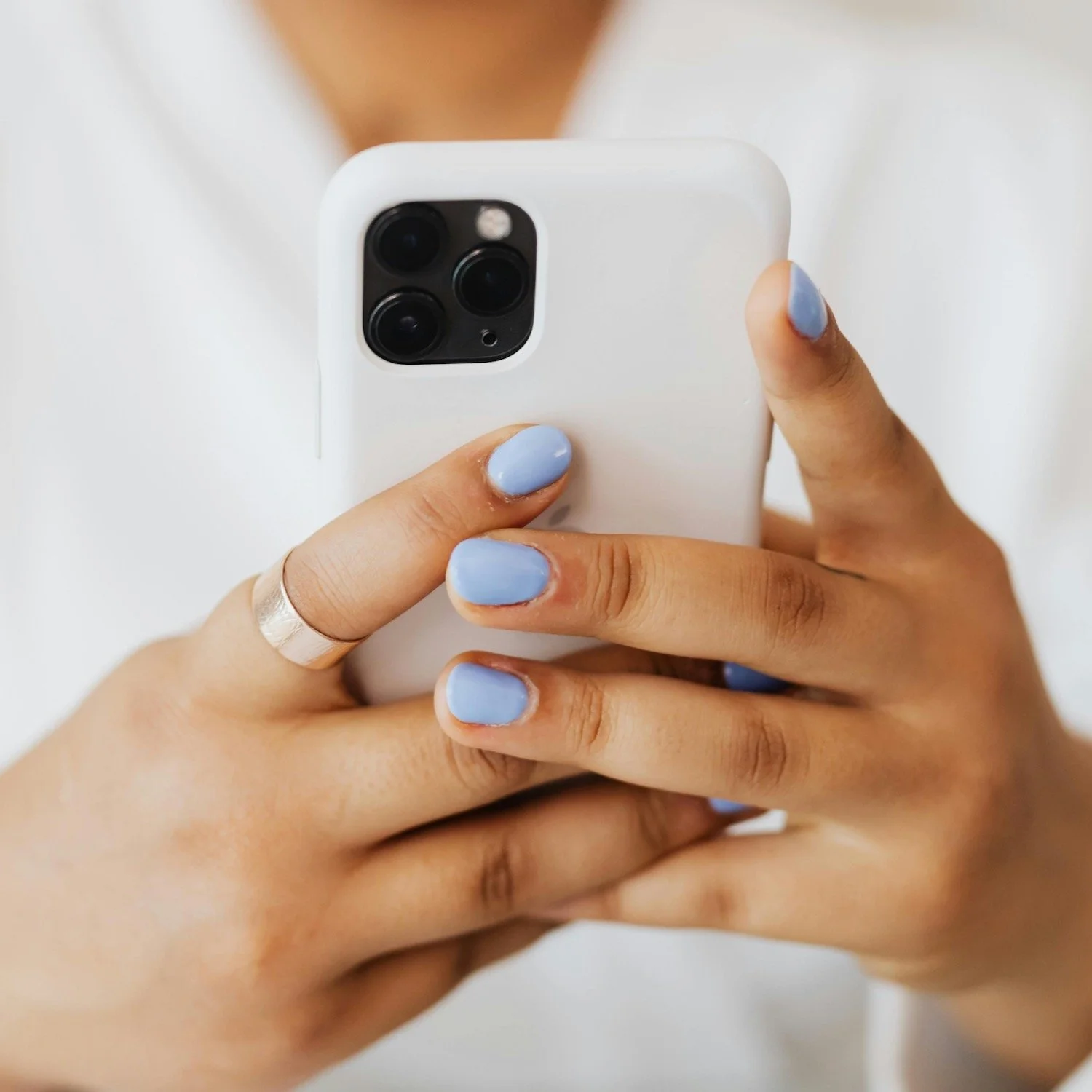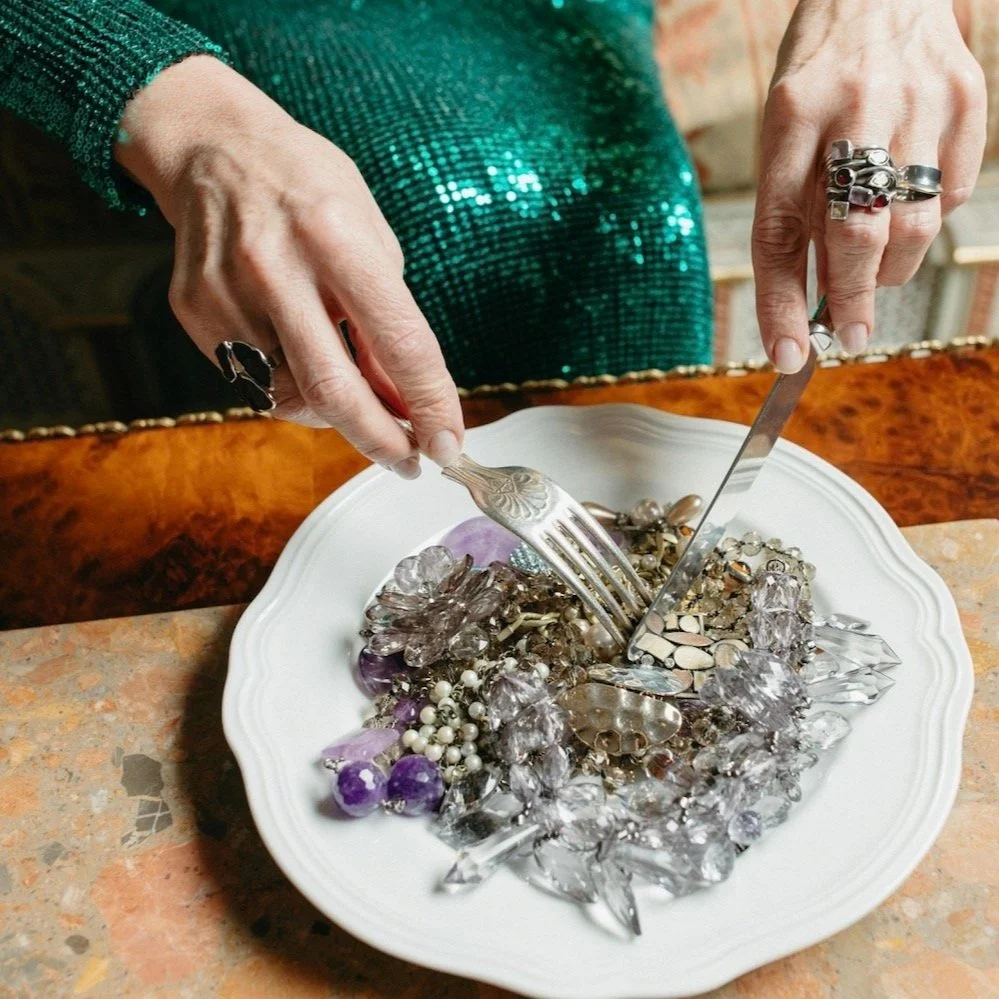3 Things To Say In An Interview To Make You Sound Brilliant
by Rachel Rufrano
In one of the more recent episodes of Malcolm Gladwell’s Revisionist History, “The Tortoise and the Hare”, Gladwell proposes an idea called a “mirrortocracy” (as opposed to a meritocracy), implying that employers hire those whom they see themselves in. It’s no secret that it takes more to land a job than just looking good on paper, but you may need to think about having a little psychology 101 up your sleeve.
For most of the interview, your employer holds the mirror up to you; to learn about who you are and what you know. Isn’t it fitting, then, that when asked if you have any questions for them that you hold up the mirror in return? It turns out that the easiest way to be brilliant in an interview is to reflect the brilliance of the interviewer back at them.
Here’s how to nail the most important, yet often overlooked, question:
“Do you have any questions for me?”
1. Remind Them of When They Were You
District Brand Manager of Urban Outfitters, Emily Rollins, says the most common question she gets is also the most tedious: “How did you get to be in your position?” This well-intentioned inquiry is meant to sound flattering, but because it’s asked so often, it makes her eyes glaze over instead.
A more interesting twist on that question may be, “Why did you choose this profession?” This is a great way to learn about what makes your employer tick, but it also allows them to see themselves at the beginning of their career path -- just like you. Remind them of the decisions they made when they were in the chair you’re sitting in. In a way, it will force the interviewer to see a little bit of themselves in you.
2. Mirror Questions
A study published in the Journal of Personality and Social Psychology discovered something called “the chameleon effect.” It showed that people tend to like people who exhibit similar posture, gestures, tone of voice, etc. It’s something we do naturally when we’re interested in what another person is saying. Empathy is what makes this a likeable habit, but you will look like a sociopath if you start copying the interviewer’s every move. It’s more about listening intently, and understanding the interviewer’s vibe -- not actively trying to mimic. Pay attention to the kinds of questions you’re getting asked during the interview and try to ask something similar later.
For instance, Kathy Miranda, senior manager of global brand communications at Vans, really appreciates “anything to do with math.” She says a candidate appears prepared “when they ask about statistics, number figures, percentages, [and] growth.” The only way a candidate is going to know that is by listening to the types of questions she asks -- questions about growth and results are a pretty good clue that she may want a question like that in return. Questions like, “What are a few things that have driven results for the company in the past 5 years?” or “How do you currently deal with competition and shifting economic trends?” Having a few different questions prepared isn’t a bad idea, but you’ll have to tailor them a little bit. This also demands that you are present and actively engaged in the conversation – that, maybe even more than the questions, will show a deep interest in the person and the potential job. People want to know that potential employees are engaged and present and actively a part of whatever it is you’re trying to make together. Not another forgettable face who prepped a bunch of boring questions where the answer isn’t even interesting to either party.
3. Recognize Your Interviewer as a Real Person
An interview should be a conversation. Michelle Lederman, career coach and author of The 11 Laws of Likeability, commented in an interview last year with The Big Think, “[A] mistake that candidates make is not recognizing when the interview starts, and when it stops. Because it’s not just that hour that you’re in the room. That interview starts the momentthey invite you to the interview.” In other words, you don’t have to wait for someone to ask if you have any questions. Ask questions as the interview goes along. “I love that time that where you’re walking from the waiting room to the interview room with your interviewer,” says Lederman.
By taking off your mask and relaxing a little, you can ask questions that you’re genuinely curious about. You might want to ask about what book influenced them the most (if you know a lot about books) or what kind of music is the soundtrack to their daily work (if you know a lot about music). If you look around their office, pay attention to the “flair” they use to self-motivate. Is that a picture of their dog? Is your favorite book on their shelf? Do you drink the same coffee? It’s not the type of question you’ll spend a ton of time on, but they will ease some tension and make you and the other person more real.
Don’t say what you think they want you to say. If you want to be memorable and brilliant, listen carefully to the clues your interviewer gives you and return them in kind. It may sound hokey, but be yourself. I mean, what did you think I was going to say? There’s no end to the kinds of questions you can ask in an interview to make you sound prepared, make your weaknesses secret strengths, or brown-nose your way to creepy town. The best questions are going to need some finagling and understanding of the person who’s interviewing you. There is no one perfect question that works on everybody, but there is only one you.
Rachel Rufrano is a musician and writer living in Long Beach, CA. If she isn’t out watching bands play in dive bars, she is home Googling her symptoms.














